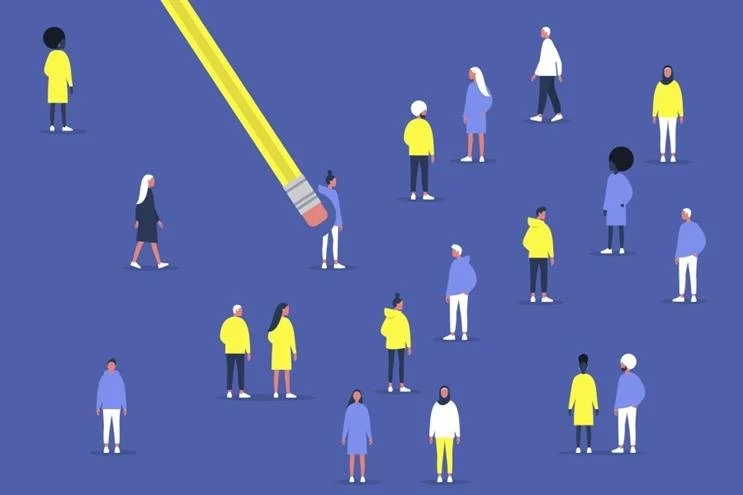Categorical labeling is a tool that humans use to resolve the impossible complexity of the environments we grapple to perceive. Like so many human faculties, it's adaptive and miraculous, but it also contributes to some of the deepest problems that we face.
I believe the words we use to describe what we see aren't just idle placeholders; they actually determine what we see and how we see it.
A friend of mine told me about a discussion she was having with her 21 yr old daughter. What her daughter said disturbed her. “I love labels, her daughter exclaimed. “If I tell someone right up front what I am; a liberal, a feminist, an anti-racist for example, then it frees me. They know who and what they are dealing with. There is no game playing then.”
Had the daughter been standing in front of me, I might have said, “Well, that would be an excellent way to handle things, if you knew that their definition of whatever label you used coincided exactly with yours. But what if it doesn’t and what about the rest of who you are as a person; your joys, your sorrows, your accomplishments and more?
I think labeling used in this manner keeps us from having any sort of real or intimate face to face communication. Much like texting as a main means of exchange, it insulates a person from ever having to deal with direct confrontation, from ever really risking being “seen” or “known.” By allowing and relying on a label to describe the entirety of person rather an action done by that person, we deny them their sovereignty, their personhood; their truth.
Our students and young people are hurt by labels every day. They hear them on TV, in school, at home, on the playground and on social media. Those labels become the entire idea about that person or oneself.
Labels are perfect for social media platforms like Instagram, Twitter and Snapchat. You can literally build a person up or cut them to ribbons in 5 words or less. And that is how the cancel culture (label) got its name and with it, its viral nature. It is a means to call someone out quickly and publicly without any proven basis or truth required. But, what if the statement made by my friends daughter is indicative of many of todays young people? It is quite frankly, disturbing to say the least.
A classic study by John Darley and Paget Gross showed what happened when a group of college students were asked whether a young girl, Hannah, seemed poor or wealthy. The students watched a video of Hannah playing in her neighborhood, and read a brief fact sheet that described her background. Some of the students watched Hannah playing in a low-income housing estate, and her parents were described as high school graduates with blue-collar jobs; the remaining students watched Hannah behaving similarly, but this time she was filmed playing in a tree-lined middle-class neighborhood, and her parents were described as college-educated professionals.
The students were asked to assess Hannah's academic ability after watching her respond to a series of achievement-test questions. In the video, Hannah responded inconsistently sometimes answering difficult questions correctly and sometimes answering simpler questions incorrectly. Hannah's academic ability remained difficult to discern, but that didn't stop the students from using her socioeconomic status as a proxy for academic ability. When Hannah was labeled "middle-class," the students believed she performed close to a fifth-grade level, but when she was labeled "poor," they believed she performed below a fourth-grade level.
Words are important. Notice which ones you use.

